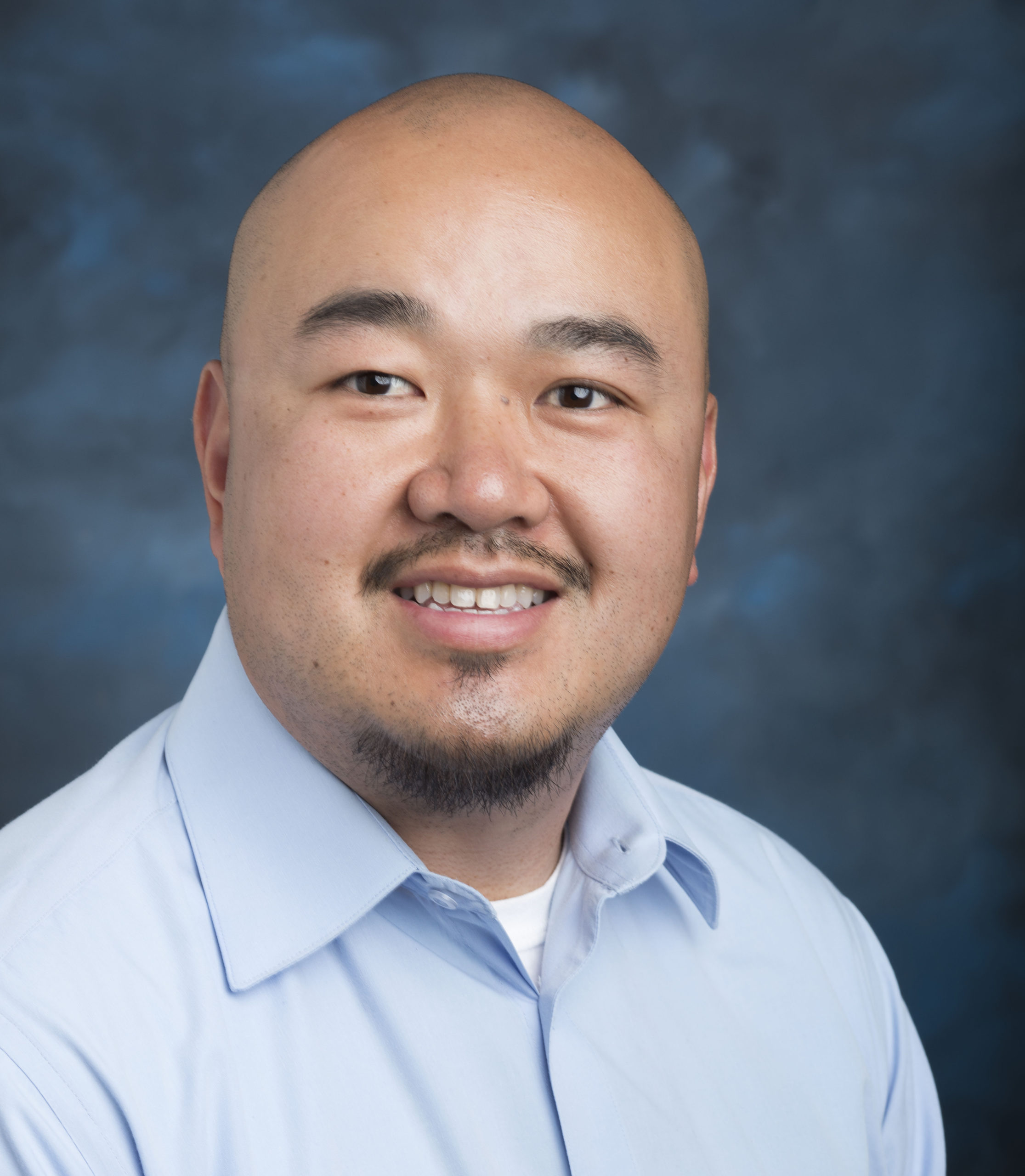
In my many years in the discipline of ethnic studies and in diversity, equity, and inclusion spaces, I have long known of how structural inequities continue to harm historically marginalized communities, including in higher education. Combating systemic oppression in the university, of course, is not a simple task. It is a constant battle that has been and will continue to be waged for generations. Changes in legislation, policies, and practices pushed by activists and advocates of color and their allies have been vital in creating more diverse and inclusive universities nationwide. Yet, as important in efforts to push for a more equitable university is building relationships and fostering community.
Here at LMU, faculty and staff interact with each other every day, and many of us develop professional relationships and sometimes lasting friendships. However, rarely do we have opportunities to go deeper, be more vulnerable, and open ourselves up to discuss our views and opinions about some of the larger issues that may divide us or harm our communities. That was until three years ago when DEI and Student Affairs launched the inaugural cohort of Cultural Consciousness Conversations (C3) right before the pandemic.
The program was the brainchild of Jennifer Abe, former vice president for DEI, Henry Ward and Csilla Samay from Student Affairs, and Professor Shaun Anderson. The premise is to host monthly structured conversations with fellow faculty and staff to discuss issues related to race, gender identity, sexual orientation, immigration, spirituality, and other topics many of us try to avoid or only discuss at an intellectual level.
Participating in C3 during that first year was one of the most rewarding experiences I have had at LMU. I was able to learn where many of our faculty and staff come from, what shaped their identities and worldviews, how we can acknowledge and work through our inherent and learned differences, and how we can collectively make our university a better institution. I also learned that DEI work cannot be done without the important first step of community building.
Our monthly conversations invited us to engage in difficult dialogue where we could agree, and we could disagree with each other. But in the end, these conversations made us understand one another better. Sustained dialogue really helps us find humanity inside all of us. For me personally, the sharing of personal stories with fellow faculty and staff renewed my commitment to diversity, equity, and inclusion and advocating for structural changes in the university.
I invite all LMU faculty and staff to join us in our next cohort of Cultural Consciousness Conversations, which will begin with an all-day retreat on Sept. 10. If you are interested in learning more about the program and signing up to participate, please visit this link.
DEI Buzz
- Sign up for the second cohort of the LMU Anti-Racism Workshop Series (LAWS). The semester-long series of workshops and community-building circles serve as a space for faculty and staff to begin to learn and explore racism and its many manifestations.

Joseph Bernardo
Director of DEI, Capacity Building Programs and Initiatives
Joseph Bernardo joined Diversity, Equity, and Inclusion in 2015 and currently runs DEI’s leadership development programs: Leading Institutional Units and Programs | Inclusive Excellence and Senior Vice President Fellows. He also manages LMU’s Implicit Bias Initiative.



